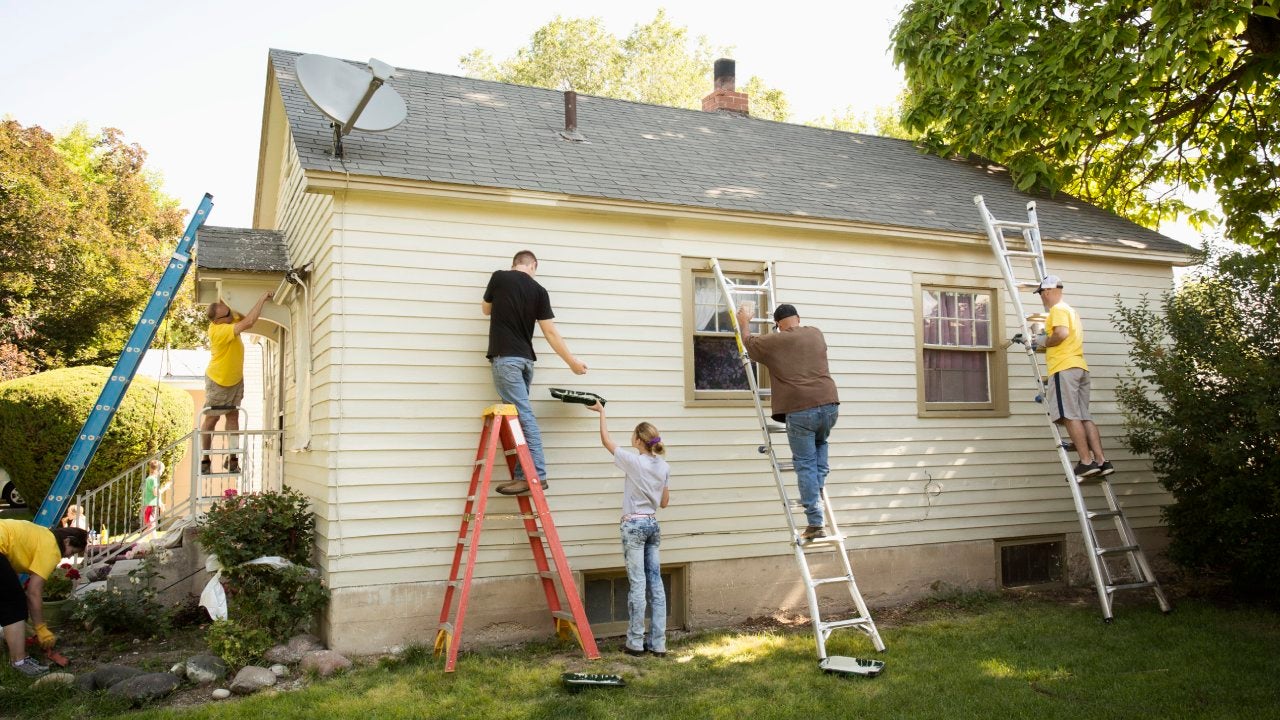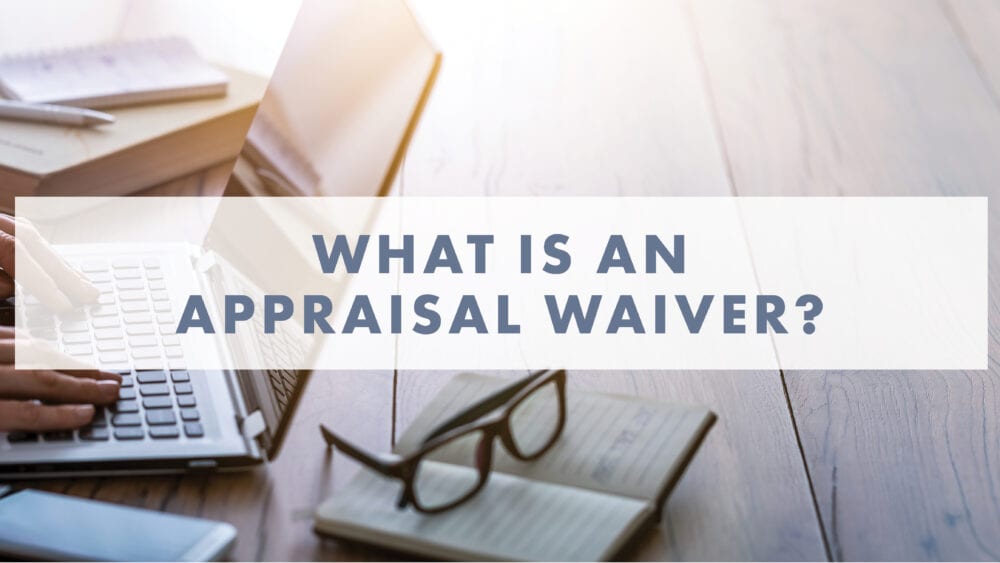
Factors to Consider Before Buying a Flip
When it comes to real estate investment, flipping houses has emerged as a popular strategy for generating profit. It involves purchasing a property, making necessary renovations, and then selling it for a higher price. While the potential rewards can be significant, there are several factors that pr
Leave a reply



